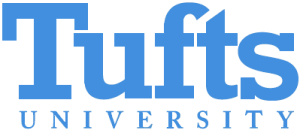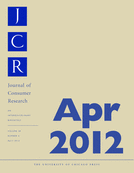A professor of cell biology in Japan faked data in an influential cancer study published in Nature Neuroscience in 2019, according to an investigation by Okayama University.
The school, which released a report with its findings last month (in Japanese), found no fewer than 113 instances of fabrication as well as problems with several images in the paper, titled “Genetic manipulation of autonomic nerve fiber innervation and activity and its effect on breast cancer progression.”
The report identified Okayama’s Atsunori Kamiya as being involved in the misconduct and recommended retracting the article, which has been cited 134 times, according to Clarivate’s Web of Science. The paper has yet to be retracted, but an editor from the journal said they are looking into the case.
Continue reading Earthquake destroyed data, claims Japanese prof found to have faked results








